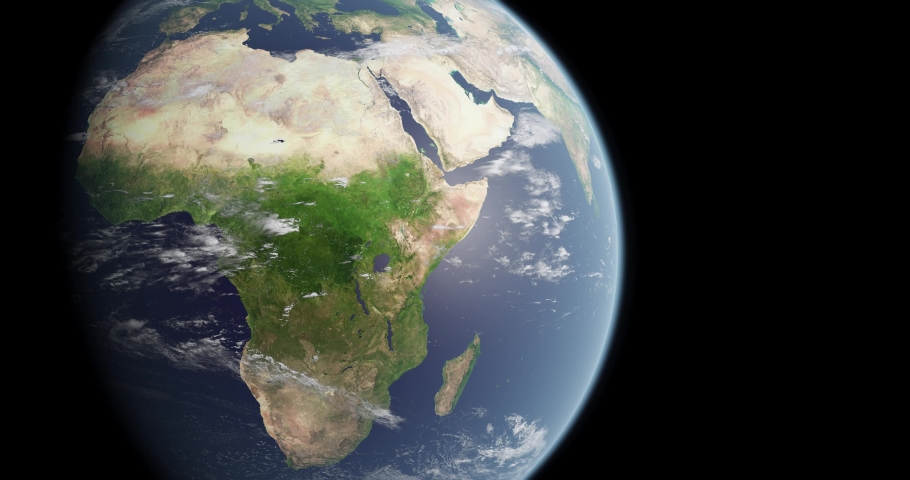Africa at a pivotal moment. With surging energy needs, mounting climate pressures, and a shifting global order, the continent is confronting both significant challenges and unprecedented opportunities.
- At a workshop hosted by the Med-Or Italian Foundation, Jakkie Cilliers, founder of the Institute for Security Studies (ISS) Africa, outlined the key issues that will shape Africa’s trajectory in the coming decades.
- Africa’s choices in the coming decades will ripple across global markets, climate policies, and geopolitical alliances.
- With a fast-growing population and vast natural resources, it has the potential to be an economic powerhouse—but systemic challenges persist.
Powering Africa’s growth. Industrialisation and urbanisation are driving a surge in energy demand. Cilliers stresses that Africa must act swiftly to scale up its energy infrastructure.
- Access gaps: over 600 million people still lack electricity. Bridging this gap is crucial for sustainable economic development.
- Emissions dilemma: projections suggest Africa could account for 13% of global carbon emissions by 2050, rising to 22% by 2063, and carefully managed energy transition is needed to avoid stranded fossil fuel assets.
- Investment needs: global support is essential to balance rapid growth with sustainability and ensure long-term energy security.
Survival in a warming world. Cilliers warns that without immediate action, food crises are likely to escalate.
- Extreme weather: droughts, floods, and rising temperatures threaten agriculture and food security.
- Economic risks: many African economies depend on climate-sensitive sectors like farming and fishing, making adaptation strategies a necessity rather than an option.
- Adaptation urgency: robust climate finance, resilient infrastructure, and disaster preparedness measures are critical to mitigate the impacts of climate change.
A shifting geopolitical order. Africa must navigate an increasingly multipolar world.
- China versus the West: as China is poised to overtake the US in global influence, Western nations continue to lead in wealth and technology.
- Africa must avoid choosing sides and instead leverage opportunities from all global actors.
- Strategic positioning: abundant natural resources position Africa as a key player on the world stage, but its global standing will depend on effective governance and sound economic policies.
- Regional coordination: initiatives like the African Union’s Agenda 2063 are vital to unifying the continent’s approach to global affairs, enhancing its collective bargaining power.
Unlocking economic potential. Despite immense opportunities, barriers remain.
- AfCFTA promise: the African Continental Free Trade Agreement could boost intra-African trade by up to 50%.
- However, slow implementation remains a significant concern.
- Key challenges: regulatory hurdles, corruption, and infrastructure deficits continue to impede progress.
- Strengthening governance is imperative to unlock growth.
- International partnerships: securing foreign investment and facilitating technology transfers are essential for Africa to negotiate from a position of strength.
Italy’s role. From an Italian perspective, these dynamics offer a crucial insight into the strategic mindset shaping Africa’s future debate and policies.
- Policy alignment: Italy can better synchronise its policies with Africa’s evolving economic and geopolitical landscape.
- Strategic partnerships: strengthening sustainable collaborations reinforces Italy’s role as a key partner in African development.
- Long-term vision: these insights provide a valuable foundation for Italy’s long-term strategic approach, ensuring its initiatives are both impactful and well-informed.
- Securing Europe: last week, Italy’s Parliamentary Committee for the Security of the Republic (COPASIR) released a report emphasising Africa’s strategic importance for European security.
- This report underlines the need for robust Italian engagement with Africa, integrating security concerns with economic and developmental strategies.
What’s next. The upcoming G20 in South Africa represents a critical juncture for Africa to secure investment and shape policies that align economic growth with climate action.
- Strategic collaborations will be pivotal in determining whether the continent thrives or struggles in the coming decades.





